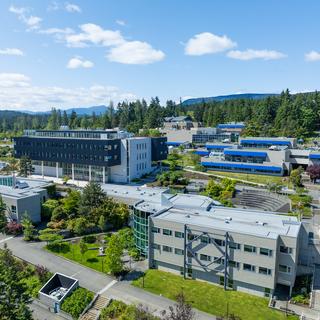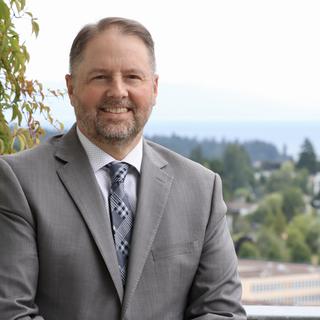At VIU, we believe that having employees who reflect the diversity of our students and our community makes us a better university. One of the ways to move towards greater diversity is through collecting diversity data to assess the recruitment, representation and retention of employees from five equity-deserving groups: women, persons with disabilities, racialized persons, Indigenous peoples, and persons of a minority sexual orientation and/or gender identity. Welcoming the unique talents, perspectives and contributions of the different people who make up our campus community implies fair treatment for all and will lead us toward excellence in our delivery of education, service, scholarly activities and research. It also draws from the wisdom of Indigenous laws and traditions about moving forward in a good way.
Having data related to employee diversity will help the university understand who is applying, progressing through the hiring process and ultimately who is successful in attaining positions. This will help us take action to increase representation through external hires and assess internal movement and growth for existing staff from equity-deserving groups. Understanding where barriers exist helps us address them in an intentional and focused way.
The launch of the Diversity Identity Census completes an institutional commitment in the Equity, Diversity, and Inclusion Action Plan to “implement a process for collecting voluntary self-identification information to monitor the EDI composition of the workforce”. One of VIU’s core values as identified in the People Plan is diversity: we value human diversity in all its dimensions and are committed to achieving and ensuring learning and working environments that are equitable, diverse and inclusive. In VIU’s Strategic Plan: People, Place, Potential, one of the six priorities is to become a more inclusive and healthier place for work and study: “We believe that well-being in all its aspects depends on how we treat each other. We will therefore prioritize our work to advance equity, celebrate diversity, and practice inclusion.”
We recognize that the information collected on the Census is sensitive and personal, and as a result, your responses are held in the strictest confidence. Your responses are only accessible to a restricted number of staff whose job it is to produce equity reports to improve employment equity at VIU and for troubleshooting purposes. This information will not be part of your employment record. Anyone who prefers not to self-identify in one or more of the census questions can respond using the “prefer not to answer” option.
We are collecting this information to support programs that promote equal opportunity for everyone to share in the social, cultural, and economic life of Canada, and specifically at VIU. You can help support a culture where equity-deserving community members can feel welcome and included by completing the Census. Human Resources has created a website that includes instructions for completing the Census, FAQs for Employees, and FAQs for Managers.
If you have questions about the Diversity Identity Census, please contact the HR Department via our primary email or contact Carole Gray, HR Advisor, Recruitment and EDI or Esther Duplisea, Coordinator, Employee Recruitment. For questions about Equity, Diversity and Inclusion at VIU, you can also contact Monique McKay, Director of Equity and Human Rights. For questions about the collection, use and/or disclosure of your personal information, please contact the Privacy Officer.
Access to
Because of
University We would
“In any
Slava
“As a VIU
Strategic Partners One on one
Communication The giveameal@viu.ca email
Through our
Current Status The program
What’s Next As part of
|
To ensure funding for the years to come, we have
discussed with the VIU Foundation, and this project is already presented to
potential donors. It’s featured in Giving Tuesday and a press-package has been
delivered to the VIU Foundation team for convincing arguments on why the Give
a Meal program is so important. Our funding objective is to provide an
average of 3 free meals a day to students for the next 5 years.



